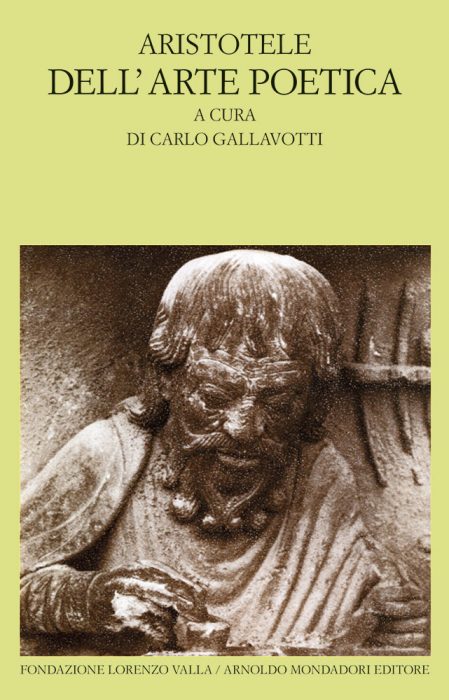

I just read this one by Miroslav Holub (trans. Why are so many writers portrayed as anorexic, unkempt skeletons like this young man? Oh wait, cause they are. “Should a foul fish her lower parts infold” sounds kind of “realist” to me. That being said, I’m surprised the Ars Poetica isn’t more popular as a sort of “form” (although a very loose form, obviously, from the examples you’ve given) because it lets people write a poem and tell other people what poetry is and is not at the same time. People who haven’t read poetry since they were in high school or have never read poetry at all like to say what poetry is and is not, I think. I’m pretty sure people like to say what poetry is and is not more than people like actual poetry. People like to say what poetry is and is not, very much. from “Ars Poetica” by Archibald MacLeish from “What He Thought” by Heather McHugh The man in gray he went on softly)– poetry (we’d all put down our forks by now, to listen to They feared he might incite the crowd (the man He is the soul OF THE SOUL of the world.” Such was from “What Is This Page?” by Bjørn Magnhildøenīecause of his offence against authority, which was to say Lonx+eX.liness, poetic landaf ree di-# do. We in Ars fancy having … es lonx+eX.liness, poetic landXl+-ubber, –from “Donald Hall Would Hate Me” by Mairéad Byrne They connect small things to other small things from “Referencing Vast Leakage or temporary extrusion” by mIEKAL aND

The text is (should be) that uninhibited person, How difficult it is to remain just one person,įor our house is open, there are no keys in the doors,Īnd invisible guests come in and out at will. It’s an interesting form that allows for a wide range of approaches. Horace, who liked his shapes and extremes clearly separated.Īnyway, I thought I’d share a few of the other Ars Poeticas I’ve come across. Varies all shapes, and mixes all extremes. Such is the book, that like a sick man’s dreams, Would you not laugh such pictures to behold? Should a foul fish her lower parts infold, O’er limbs of different beasts, absurdly joined Ībove the waist with every charm arrayed, The various plumage of the feathered kind Should join a horse’s neck, and wildly spread Horace, who opens his version of the “Ars Poetica” (circa 30-10 BCE) with a preemptive attack on Surrealism: Horace, of course, being that dastardly villain who has filled countless heads with the tedious idea that literature should not just delight but also educate, who reached back to Aristotle and pulled those cumbersome ideas about unity, clarity, decorum, and morality up through the ages for people like Sidney, Pope, and Sartre to latch onto and pass along. Because I’m doing a presentation today on Horace’s “Ars Poetica” I’ve been reading various other versions of the poem about poetry.


 0 kommentar(er)
0 kommentar(er)
